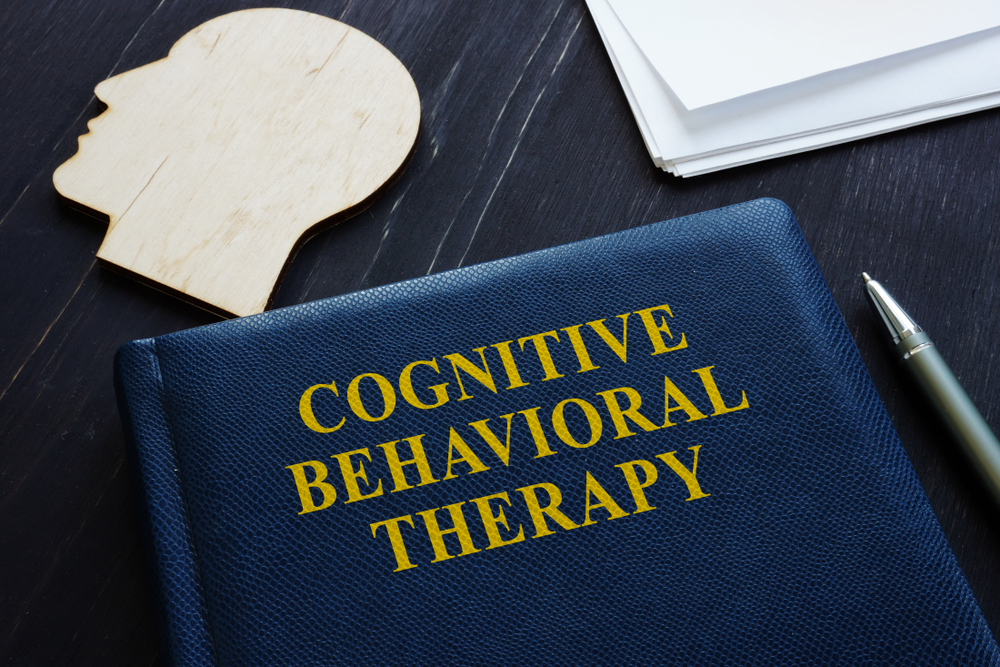Cognitive behavioural therapy is one of the most popular forms of mental health therapy available today. It is performed by a licensed mental health professional and can be used to treat a wide array of conditions and disorders. When we have experienced trauma or other life events that can cause negative mental and behavior patterns, cognitive therapy is a great way to take control of your emotional health and change. CBT focuses on what you need to get better and works tremendously.
What Is Cognitive Behavioral Therapy?
Cognitive behavioral therapy is one of the safest and most widely-used methods for changing negative or debilitating thought patterns. Through therapy sessions and therapeutic approaches, patients can learn coping strategies to help them through their emotional difficulties, to learn stress management, and more.
Cognitive behavioral therapy is most commonly used on patients who have experienced trauma in any degree. Life can be very stressful and difficult but therapies such as this can help us manage the side effects that come with hard times. CBT has been proven to reduce symptoms associated with various mental health conditions to improve the quality of life for patients.
Cognitive Behavioral Therapy for Mental Health Issues
As mentioned, cognitive behavioral interventions performed in therapy sessions are meant help patients understand their trauma and learn new coping skills for dealing with it. Whether patients have had a mental health condition for a long time or their diagnosis is recent, CBT techniques can be beneficial. It is never too soon or too early for one to attend counseling. Some mental health conditions that can be treated with cognitive behavior therapy include:
- Anxiety disorders
- Depression
- Major depressive disorder
- Anger disorders
- Insomnia
- Chronic pain
- Substance use disorder
- Post traumatic stress disorder
- Bipolar disorder
- Obsessive Compulsive Disorder
- Eating disorders
- Other mood disorders
- Other stress-related disorders
Are There Benefits to Cognitive Behavioral Therapy?
Essentially, cbt aims to teach the brain a new way of thinking by learning the triggers and underlying causes associated with a negative thought or condition. Cognitive behavioral therapy has been used as a treatment for many years and is very well-researched. Below are a few of the many benefits associated with this form of psychotherapy.
Minimal Side-effects
Today’s psychologists can be pretty quick to prescribe mind-altering drugs as a form of treatment for a brain disorder. Unfortunately, these drugs can be associated with many negative side effects. Luckily, cognitive behavioral therapy does not involve the intake of a drug and instead focuses on natural processes for alleviating stress and anxiety. This means the therapy is safe and the patient or clinician isn’t required to monitor side-effects.
Improves Self-Esteem
Cognitive behavioral therapy focuses on replacing destructive thoughts with positive and affirming ones. The very nature of the therapy helps clients approach life in a more positive way. This gives them the esteem to pursue new relationships and hobbies and tackle some of life’s biggest challenges with more ease. This restored sense of confidence has a huge positive impact on the patient both physically and emotionally.
Featured Programs
Focuses on the Root Cause
This therapy teaches the client how to identify the root causes of anxiety or depression. Clients are able to work through what may be triggering a certain emotion and are then coached on how to adjust their reaction accordingly. Therapists using this treatment form assist the patient in understanding that their reaction to a situation is key and can have a huge impact on their overall thought patterns.
Limited Time Commitment
Cognitive behavioral therapy requires less of a time commitment than other more intensive therapies or treatments. Most clinicians estimate that a client will be able to manage their emotions on their own after an average of 16 sessions. While this is not an all-encompassing number and those with more severe symptoms may require additional sessions, this is a widely-accepted average.
Highly Structured Sessions
The nature of this type of therapy requires the use of clinically-proven exercises and a clear-cut road map for defining and measuring progress goals. Therapy sessions are extremely structured and the therapist is working very hard to deliver techniques most applicable to the client’s situation. Often, patients will be given “homework” to complete before each session so the therapist can easily follow the patient’s progress. This homework also serves as “agenda setting” and lets the client take the lead in determining what will be discussed in the session. This extremely structured approach reduces the amount of unproductive “chat time” during a session and ensures the patient receives the most return on their investment.
Cognitive Behavioral Therapy For A Better Life
These are just a few of the many benefits associated with cognitive behavioral therapy. This form of treatment can be used to address a wide variety of difficulties and can be tailored to meet your individual needs. If you find yourself unable to cope with some of life’s biggest challenges you might consider cognitive behavioral therapy.
Related Resources:
5 Techniques Counselors Use to Help Treat Behavioral Addiction


